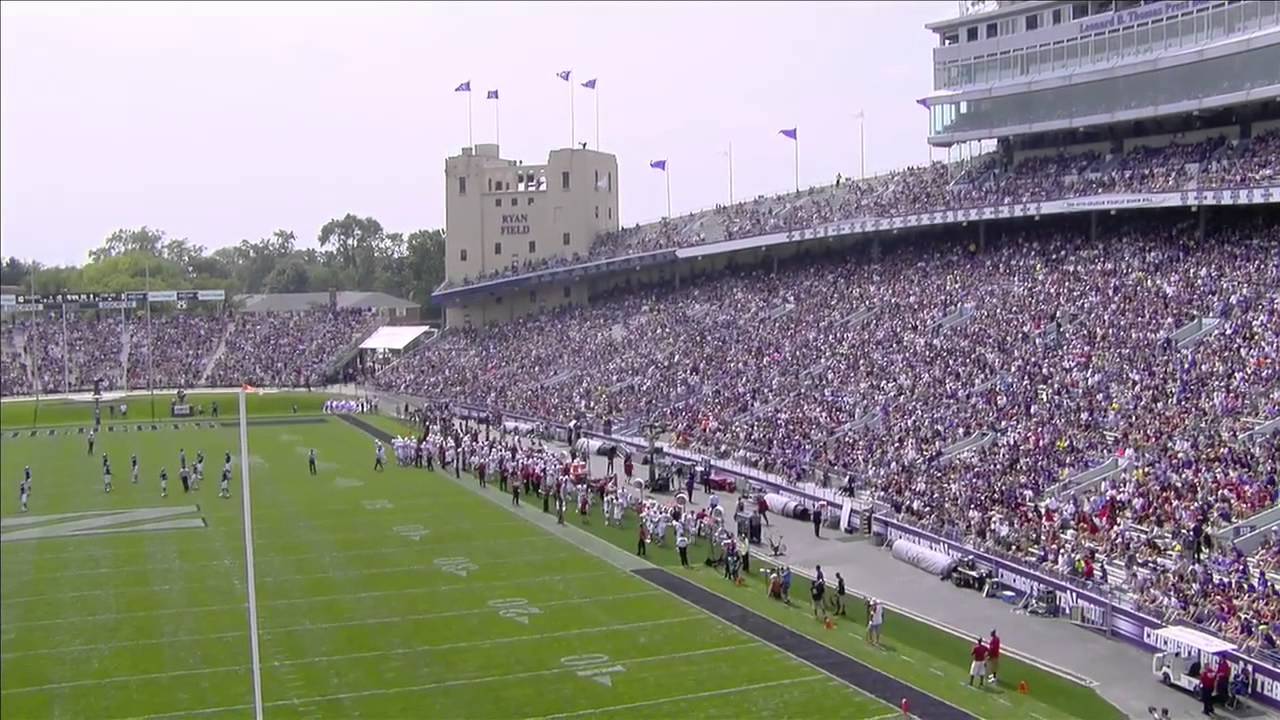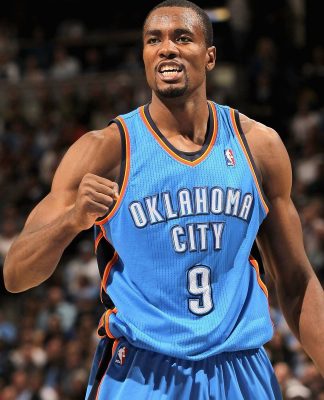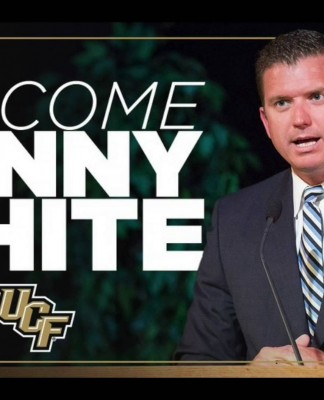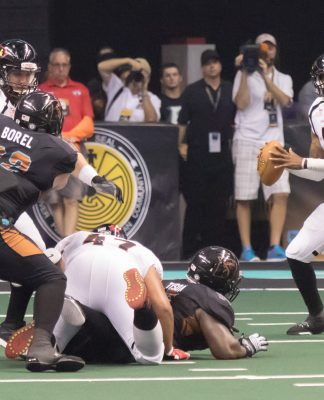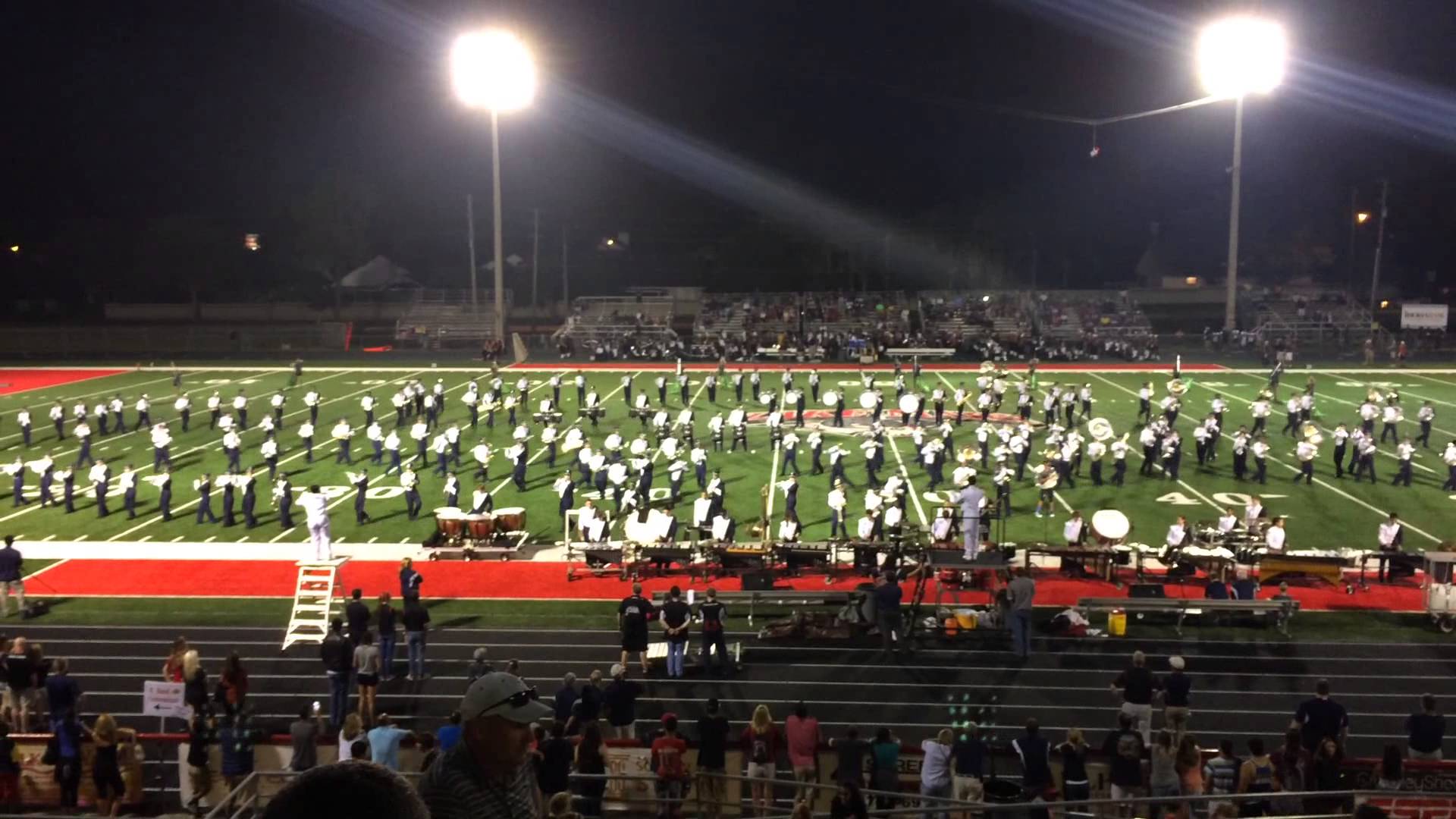https://www.youtube.com/watch?v=z4zBhnCZyQU
Like UCF, Stanford had a disappointing loss in its season opener. The then-No. 21 Cardinal lost to the Northwestern Wildcats in Evanston in a somewhat disheartening and embarrassing 16-6 loss.
Stanford were 11-point favorites with a senior quarterback under center, a bruising offensive line and championship aspirations (just ask Desmond Howard). Everything seemed set up for this team to score a nice win and prepare for its home opener.
Instead Cardinal failed to establish much of a rhythm offensively with Kevin Hogan struggling to connect with receivers and the running game failing to get established. Despite Northwestern starting a freshman quarterback who clearly had a limited playbook, Stanford failed to stop the run and take advantage of Northwestern’s mistakes.
As the Knights travel to Palo Alto, both teams are going to be hungry to correct mistakes from that first game.
So how does UCF pull off the upset?
It is clearly going to start in the trenches, where UCF really struggled on both ends of the field against FIU. Northwestern did a very good job establishing the run with stellar running back Justin Jackson. He rushed for 134 yards and the team rushed for 225 yards. The only touchdown of the game came on a 40-yard run from quarterback Clayton Thorson.
And this is not a particularly strong offensive line unit from Northwestern. The Wildcats were replacing three starters on a line that already struggled. Jackson is also a pretty solid running back — quietly growing into a top back in the country that nobody knows about.
UCF though will have to do better creating a run game than it did against FIU. That play ultimately doomed the Knights against the Panthers.
Both establishing the run and stopping the run will be key to this game. Northwestern spent nearly the entire game hurrying Hogan and getting in the backfield to stop Stanford’s run attack. After the Cardinal’s opening drive, using the power run formations that has made them famous in the wide-open Pac-12, they struggled to get much going offensively. It was frustrating for Stanford fans for sure.
It would not be surprising to see Stanford return to power running. But Hogan, despite his experience, is a game manager. Forcing him into obvious passing situations creates an advantage for a defense.
Hogan was 20 for 34 for 155 yards. In his four-year career, it was Hogan’s six games throwing at least 30 times. Stanford is 2-4 in those games. Stanford is not a team that is good coming from behind. Even with an experienced group of receivers, Stanford is best when it stays ahead of the chains and throws for short passes.
The Cardinal prefer to run the ball on every down. And David Shaw is going to be conservative with his playcalling throughout the game (punts from the 36-yard line anyone?).
UCF has its work cut out for it in this game. The team struggled controlling both lines. The defensive line did not get a good push or get into the backfield against FIU — just two tackles for a loss as FIU ran for 131 yards in the game. And the offensive line also obviously struggled.
This game is going to be won on the lines.
UCF has some solid receiving options and Justin Holman is capable of throwing the ball. Stanford’s secondary though is pretty solid. They will make it harder for Holman to find his receivers. Especially if they can let the front seven completely contain the run.
Similarly, UCF has to be able to get in the backfield, pressure Hogan and shut down the run to completely halt Stanford’s offense in the same way Northwestern did. The Knights struggled to do that against the Panthers in their opener, but showed a lot more promise on that end particularly in the first half.
Winning at Stanford will certainly be a long shot either way.
